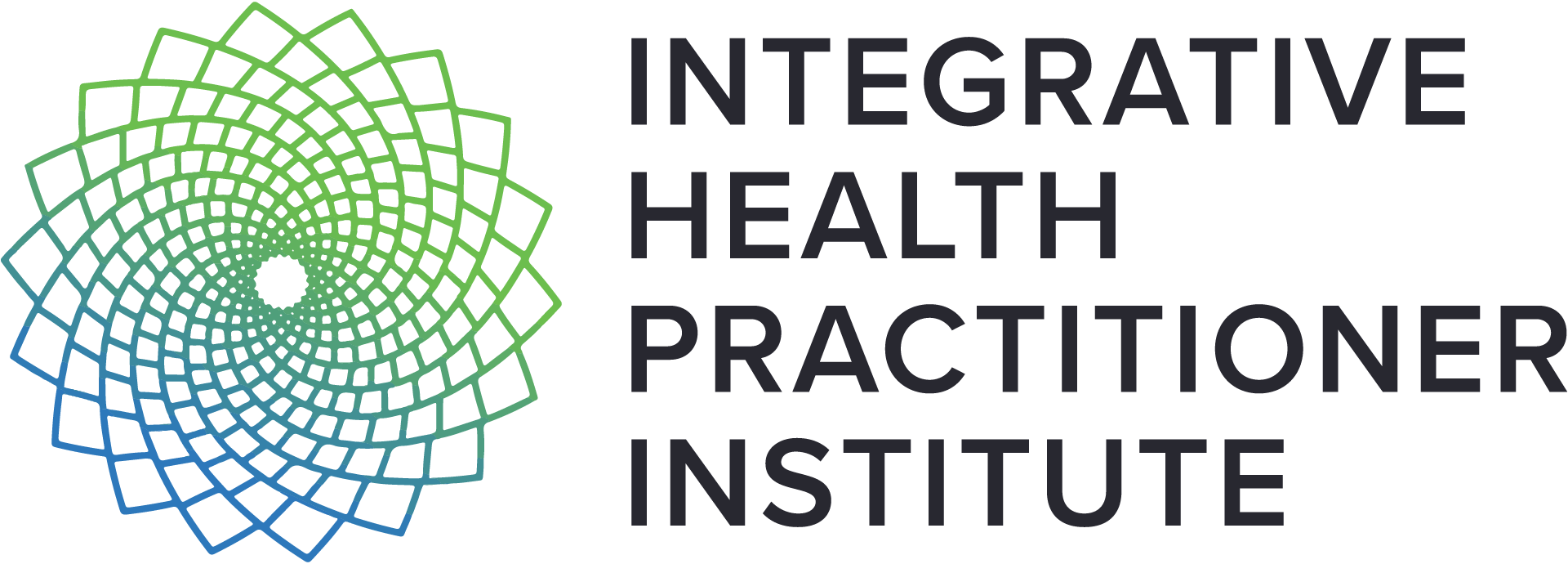“Hormones are the chemical messengers that influence almost every aspect of our health and well-being. Balancing them is essential for achieving optimal vitality and living a life of abundance.” – Dr. Stephen Cabral
Hormonal imbalances, often perceived as mysterious and elusive, can profoundly impact our well-being. Contrary to common belief, they aren’t solely confined to hormonal disorders or specific age groups. Furthermore, understanding the signs of hormonal imbalance is crucial for maintaining optimal health and seeking timely intervention. This blog is dedicated to exploring hormones, examining imbalances, and identifying subtle indicators of disruption.

Understanding Hormonal Imbalance: A Complex Interplay
Hormones serve as messengers in the body, regulating various physiological processes, including metabolism, reproduction, growth, and mood. Thus, when these delicate hormonal pathways become disrupted, it can lead to a cascade of effects throughout the body.
For those eager to explore deeper into the intricate world of hormones and their impact on health, the Integrative Health Practitioner Institute (IHPI) offers comprehensive education and training. In Level 1 of the Integrative Health Practitioner (IHP) certification program, students learn about the DESTRESS Protocol. This foundational approach addresses hormonal imbalances by focusing on key lifestyle factors. Additionally, these include diet, exercise, stress management, toxin removal, rest, emotional balance, supplementation, and success mindset. This protocol provides a solid framework for understanding and addressing hormonal dysregulation from an integrative perspective.
Moving beyond the basics, Level 2 of IHPI dives into advanced topics, including at-home functional medicine lab testing. Moreover, these specialized tests offer valuable insights into individual hormone levels, nutrient deficiencies, toxicities, and potential underlying imbalances. Armed with this knowledge, practitioners can develop personalized wellness plans. These are aimed at restoring hormonal balance and optimizing overall health and well-being.
IHPI empowers IHPs with knowledge and tools to address hormonal imbalances effectively. As a result, this method ultimately helps individuals achieve hormonal harmony and vitality. Schedule a call to speak to a certified IHP today to get your questions answered about enrolling in IHPI.
Factors Contributing to Hormonal Imbalance
Hormonal imbalances can stem from a myriad of factors, including:
Lifestyle Choices
Poor diet, lack of exercise, chronic stress, and inadequate sleep can disrupt hormone levels and their intricate balance.
Environmental Toxins
Exposure to endocrine-disrupting chemicals present in everyday products, such as plastics, pesticides, and personal care items, can interfere with hormone function. This disruption may lead to various health issues and complications.
Stress
High levels of stress, whether from work, relationships, or other sources, can lead to dysregulation of the hypothalamic-pituitary-adrenal (HPA) axis, resulting in imbalances in cortisol and other hormones.
Medication
Certain medications, including hormonal contraceptives, corticosteroids, and antidepressants, can impact hormone levels and disrupt the body’s natural hormonal equilibrium.
Gut Health
The gut microbiome plays a crucial role in hormone metabolism and regulation. Consequently, imbalances in gut bacteria, often due to poor diet, antibiotic use, or gastrointestinal disorders, can lead to hormonal disruptions.
By addressing these contributing factors and implementing lifestyle changes to support hormonal balance, individuals can take proactive steps towards optimizing their health and well-being.
The Signs of Hormonal Imbalance: Decoding the Clues
1. Irregular Menstrual Cycles
Changes in the length, frequency, or intensity of menstrual periods may indicate hormonal irregularities, particularly in estrogen and progesterone levels.
2. Persistent Fatigue
Chronic fatigue, despite adequate rest, may signal a hormonal imbalance. Both estrogen and testosterone play roles in regulating energy levels and mood.
3. Mood Swings and Emotional Instability
Fluctuations in hormone levels, particularly estrogen, can lead to mood swings, irritability, anxiety, or depression. Moreover, estrogen plays a significant role in regulating mood. Imbalances in estrogen levels, such as those experienced during menstruation, pregnancy, or menopause, can contribute to emotional instability and mood disturbances.
4. Weight Fluctuations
Unexplained weight gain may be attributed to imbalances in sex hormones, including estrogen and testosterone, which play crucial roles in regulating metabolism and fat storage. These hormones have a significant impact on the body’s ability to manage weight. Consequently, fluctuations or deficiencies in these hormones can disrupt the body’s ability to maintain a healthy weight.
5. Changes in Libido
Decreased libido or changes in sexual desire and function can result from imbalances in testosterone, estrogen, or progesterone levels.
6. Hair Loss or Thinning
Testosterone plays a role in stimulating hair growth, and when levels are low, it can lead to hair loss or thinning. Additionally, testosterone is converted into dihydrotestosterone (DHT), a hormone that can shrink hair follicles and contribute to hair loss in genetically predisposed individuals.
7. Skin Changes
Acne, dry skin, or premature aging may be indicative of hormonal disruptions, often linked to imbalances in androgens and estrogen. Androgens, such as testosterone, can contribute to acne development. Additionally, estrogen imbalance may affect skin hydration and elasticity, potentially leading to dryness and premature aging.
8. Difficulty Gaining Muscle
Hormonal imbalance can significantly impact muscle growth and overall body composition. Testosterone is a key hormone for muscle growth in both men and women. It promotes protein synthesis, the process by which your body builds new muscle tissue. Lower testosterone levels, which can occur due to hormonal imbalances, may lead to reduced muscle growth and difficulty in gaining muscle mass.
9. Insomnia or Sleep Disturbances
Imbalances in sex hormones, such as estrogen and testosterone, can significantly disrupt sleep patterns. These hormones play vital roles in regulating the sleep-wake cycle and promoting restful sleep.
10. Cognitive Decline
Memory problems, brain fog, or difficulty concentrating may be associated with imbalances in estrogen and testosterone, which play vital roles in cognitive function. Fluctuations or imbalances in estrogen levels can impact cognitive performance, including memory and attention. Similarly, fluctuations or imbalances in testosterone levels can also affect cognitive function, emphasizing the importance of hormonal balance for optimal cognitive health.
Empowering Awareness and Action
Recognizing the signs of hormonal imbalance is the first step toward reclaiming hormonal harmony and optimizing health. Consulting with an IHP can provide valuable insights and personalized wellness strategies tailored to address underlying imbalances. Furthermore, at-home functional medicine testing offers a root cause approach to hormonal imbalances. Additionally, adopting lifestyle modifications, including stress management techniques, balanced nutrition, regular exercise, and adequate sleep, can support hormonal balance and overall well-being.
By fostering awareness, understanding, and proactive management of hormonal health, individuals can embark on a journey toward hormonal harmony and vitality. Remember, your hormones play a pivotal role in shaping your health and happiness—listen to your body’s subtle cues and prioritize self-care for optimal hormonal balance.
If you found this blog helpful, you may also enjoy our article on 10 Signs You Might Have Parasites for further insights into health and wellness. Take charge of your hormonal health today and embark on a path to vitality!













